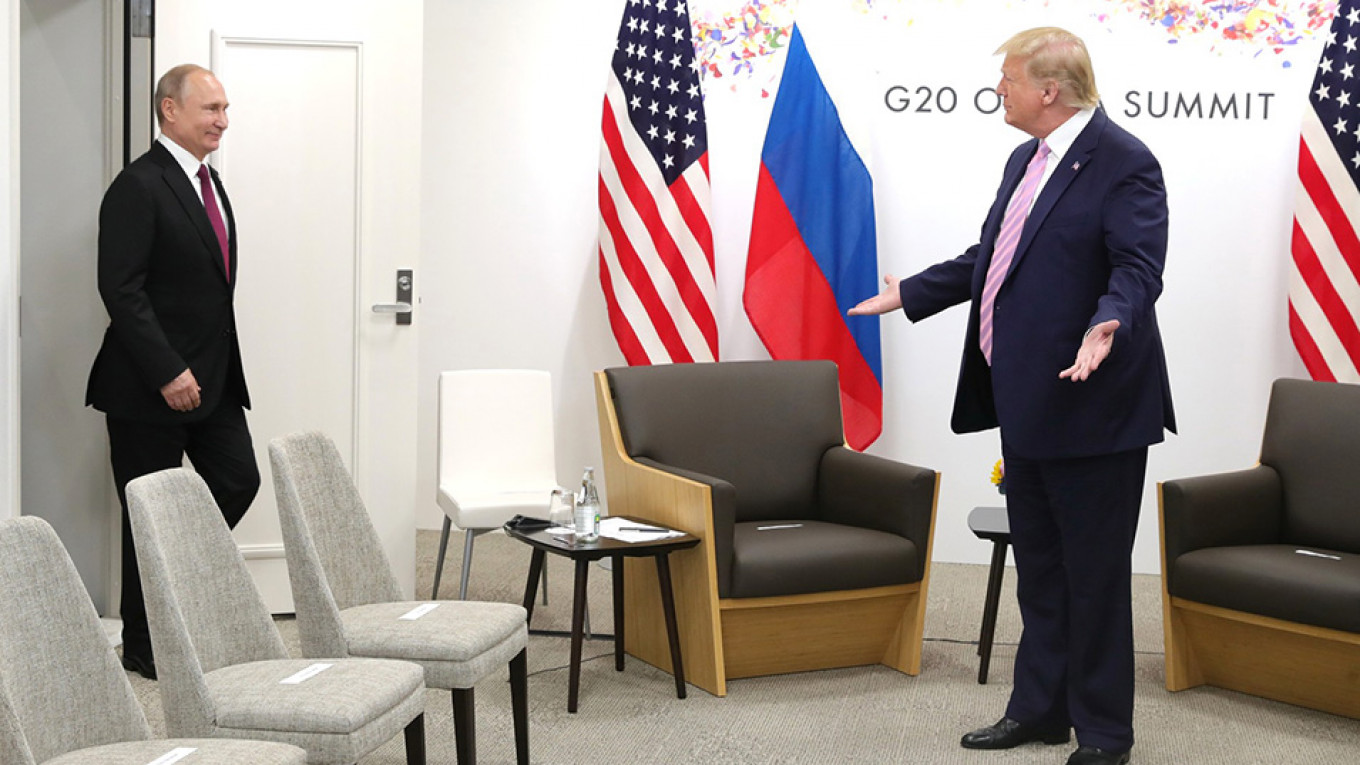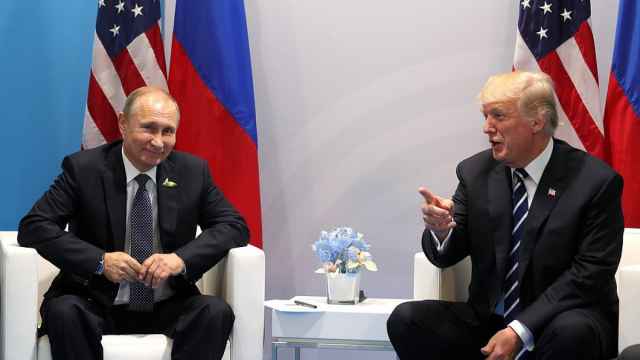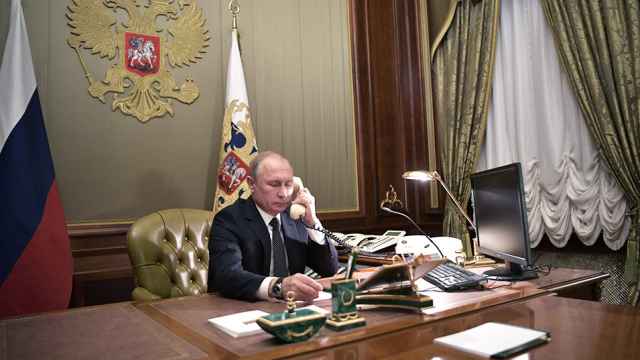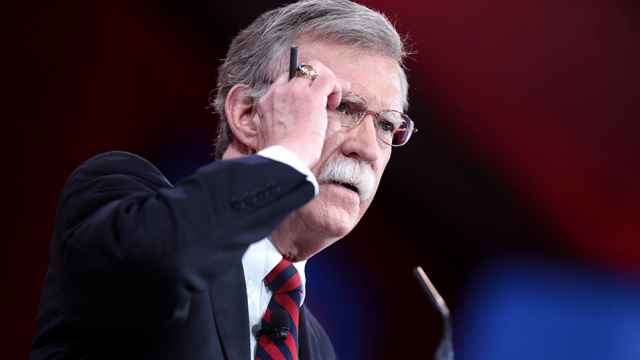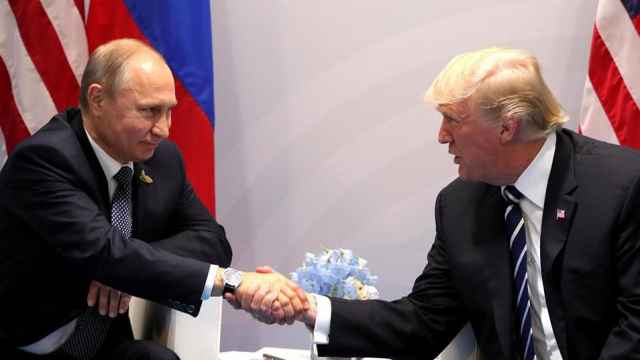The ruling by U.S. District Judge John Koeltl to dismiss the Democratic National Committee’s lawsuit against Russia, the Trump campaign and others on Tuesday may look like something of an afterthought now that Robert Mueller, the special counsel, has failed to find evidence of a criminal conspiracy between Russia and Trump’s team. It is, however, anything but anticlimactic: It contains some hard truths for those still hanging on to the Trump-Russia story.
The DNC sued in April 2018, painting a picture of collusion between a Russian government eager to get Trump elected and a Trump campaign that was “a willing and active partner in this effort.” This picture, unlike Special Counsel Robert Mueller’s eventual report, was based on “connecting the dots” — an exercise in which many commentators have happily engaged since Trump won the 2016 election.
Even at the time it was filed, the DNC lawsuit was widely dismissed as a political stunt. But it also followed the example of the Democrats’ legal action against President Richard Nixon’s re-election committee after Watergate, which ended in a $750,000 settlement when Nixon resigned. Koeltl refused to penalize the DNC for suing frivolously: Indeed, the case helped him clarify some important points.
In his ruling, Koeltl, who once worked for Watergate special prosecutor Archibald Cox, first explained that Russia cannot be sued in a U.S. court for government actions planned in Moscow. That seems obvious, but the DNC disputed it in the lawsuit, and there’d been a lot of public indignation about Russia’s actions on U.S. soil that contravene U.S. laws. The Russian government, of course, isn’t bound by these laws any more than the U.S. government is bound by Russian laws. As things stand, the two are adversaries, and as such, they’ll do to each other what they feel they can get away with, not what the other side deems legal. Retaliation is a matter of policy rather than law.
So when Trump called on Russia to hunt for missing Hillary Clinton emails, he wasn’t really condoning illegal action, since this concept doesn’t apply to the Russian government; he was merely hinting that as president, he wouldn’t retaliate against Russia for trying to unearth the emails. From a legal point of view, it appears safer to call on Russia to do some hacking than to ask the same of a specific American hacker. One can find Trump’s call unpalatable, or accept his logic that whatever helps him win is good, but this is a political choice, not a legal dilemma.
Another point Koeltl makes is that, though it’s not OK to steal documents such as personal and work-related emails, it’s perfectly OK to disseminate and publish them under the First Amendment — as long as the disseminator isn’t also the thief. This has important implications for WikiLeaks founder Julian Assange, whom neither Mueller nor anyone else has accused of actually stealing the emails of DNC operatives and Clinton’s campaign chairman John Podesta — or, indeed, any of the classified documents WikiLeaks has published. It can be argued that he helped some of the whistle-blowers to steal files and that constitutes a crime, but in general, he shouldn’t be held responsible for publishing pilfered material.
Moreover, according to the ruling, it’s fine to ask a thief for information he’s known to have stolen. And even if Russia’s military intelligence service had sent the stolen emails directly to the Trump campaign, the campaign wouldn’t have been legally liable for publishing it.
As the 2020 presidential election approaches, any foreign government can obtain, by whatever means, compromising information about any of the candidates, hand it to the media or to the candidate’s competitors, and the media or the competitors can publish it — all without anyone being legally liable.
I can see why that can make some people uncomfortable. But there it is. Countries will spy on each other, and they’ll get their hands on information of public interest in the process. If this information is genuine, the public should get access to it. (But of course the publisher should first make sure it's not fake). And the foreign government that stole the information should suffer the consequences — for example, in the form of sanctions — unless there are political reasons not to retaliate.
The Democrats should accept the reality and play by the same rules as their opponents — who, in this case, appear to have played by the rules, such as they are.
As for Trump-Russia, the Democratic candidates appear to have made the right decision about it. During Tuesday’s debate, the word “Russia” was heard exactly twice, from Senator Amy Klobuchar, who criticized Trump for pulling out of an arms control agreement. Perhaps the story will float up again as the campaign goes on — but it should stay buried. There are more legitimate reasons to push back against President Vladimir Putin’s regime: His aggression against neighboring countries, his ruthless suppression of protest, his support of other murderous regimes, and so on. In U.S. elections, it’s the voters who decide, regardless of whether Putin helps a candidate by sharing some kompromat.
This article was originally published in Bloomberg.
A Message from The Moscow Times:
Dear readers,
We are facing unprecedented challenges. Russia's Prosecutor General's Office has designated The Moscow Times as an "undesirable" organization, criminalizing our work and putting our staff at risk of prosecution. This follows our earlier unjust labeling as a "foreign agent."
These actions are direct attempts to silence independent journalism in Russia. The authorities claim our work "discredits the decisions of the Russian leadership." We see things differently: we strive to provide accurate, unbiased reporting on Russia.
We, the journalists of The Moscow Times, refuse to be silenced. But to continue our work, we need your help.
Your support, no matter how small, makes a world of difference. If you can, please support us monthly starting from just $2. It's quick to set up, and every contribution makes a significant impact.
By supporting The Moscow Times, you're defending open, independent journalism in the face of repression. Thank you for standing with us.
Remind me later.



